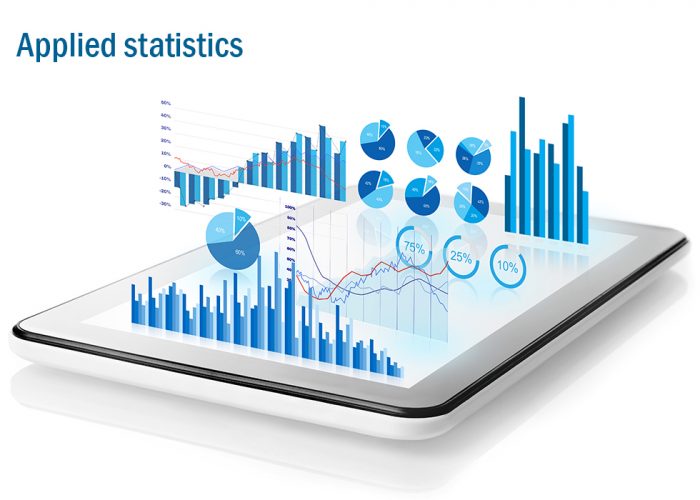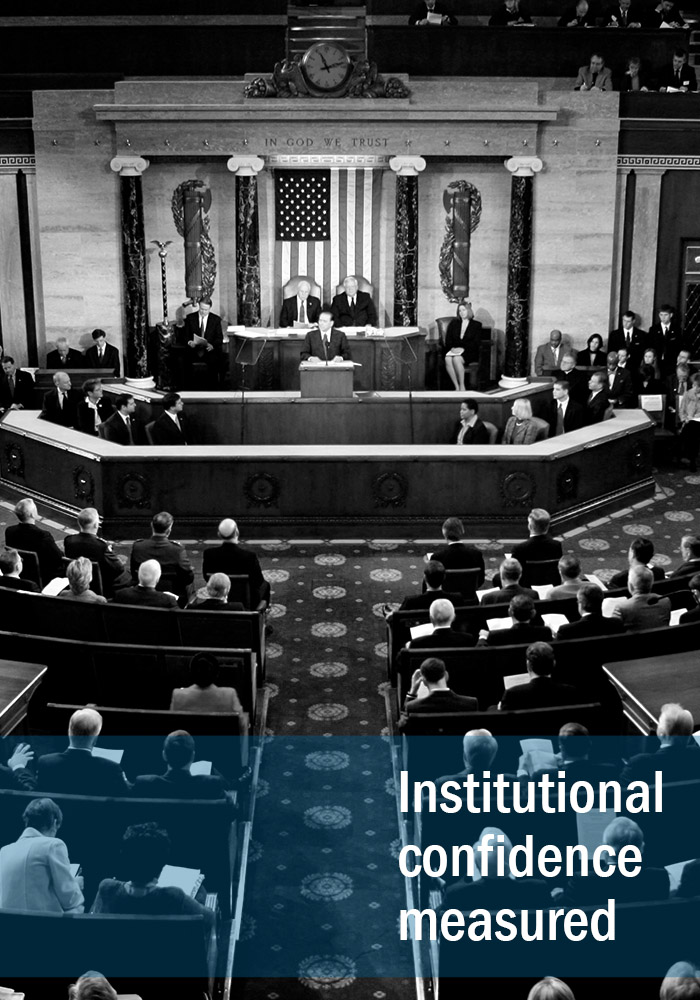The Future of Modern Democracies Lies in their institutions.
The impact of institutions on public policy, governments and societies is a fundamental element in our research on the American continent. The rapidly changing contexts have produced major uncertainties in regard the effectiveness of institutional performance considering numerous legitimacy crisis in regard both electoral systems and types of regimes across the region. In this sense, Institutional engineering has been creating for evaluating a country by measuring the risks for democratic stability and providing the necessary structural adjustments to prevent democratic collapse.
Consistently, an effective public policy formulation should pave the way for the development and stability in countries such as Colombia, El Salvador, Argentina or Mexico, but many of the intervenient variables of such processes had found difficulties to thrive among the diametrically opposed ideological offers, making policy structuring extremely unstable in terms of political consensus. Governments, on the other hand, have been challenged by the people in accordance with the nature of presidential systems whose representatives give the impression of concentrating administrative responsibilities to the detriment of decentralized decision-making processes. Finally, social cohesion, which may have a direct impact on individual quality of life, has been negatively affected by a focalized political crisis, making difficult both cooperation and civic participation which happens to be the raw material of stable democracies.
Correspondingly, the American Foundation for Democratic Stability bases its work on four fundamental pillars; Institutional evaluation and assistance, sociopolitical research, assessments and monitoring of election systems, and civil society development through awareness campaigns and multilateral cooperation. In addition, AFDES leads the effort in the fight against corruption and populism through institutional strengthening and international cooperation.


Is it possible a secure and reliable automatic vote system?
While at some point inevitable, e-voting offers great potential to mobilize and empower the electorate. In fact, the new voter’s generation may find in e-vote the more efficient way to generate a representation in the 21st century. However, there are many challenges to overcome, and according to the experts, the main challenge would be making this system reliable. Click Here to learn more

Communication
Communication as main resource in our tech era makes possible to transmit any amounts of information in seconds.

Networking
Interconnected data blocks allow multiple access to centralized data in real time

Backups
Easy and simple access to data through 24/7 access using blockchain platforms to reassure efficiency and reliablity

Security
Advanced encryption standards are provided to keep data safe from both external and internal threats.
Blockchain
An information society is constantly under risk of cyber-attacks, and this matters must be taken very seriously. Therefore, the blockchain encryption makes and e-State more secure, stable, and reliable. In terms of digital era, there is nothing worse than a system which can not be trusted by the citizens, and some bad experiences have discouraged or held back a significative number of administrations in adopting a digital perspective for public purposes. The blockchain technology is promising in all the ways just as it shown being secure with online banking. Growing strong institutes that can be trusted assures the IT innovation will echo this very institutional trust.
E-Government
As a strategic plan, e-governance is called to improve the competitiveness of the state, the well-being of its citizens and institutional responsiveness. One of its many benefits is providing access to e-services anytime and virtually anywhere. The efficiency of e-government is expressed in time-saving for both public servants and citizens as well as preserving and saving natural resources.
Public Safety.
More and more countries are diving into IT to secure their cities and nationals. Digital capitals are occurring everywhere although at different levels. Special OP centers use cutting-edge technology to provide 24/7 surveillance and protection to the citizens. That group’s police, firefighters, transit police and private security companies. The crime-zero goal or decreasing traffic congestions is getting close to being a reality within cities using IT for these purposes.
Digital ID.
An intelligent ID card is much more than a simple legal photo ID. Provided with a chip and using public-key encryption the IID is able to contain and transmit a huge amount of data and serve as a security module allowing its holder to efficiently perform and complete a series of complex transactions such as banking, legal document access, Er-X scripts, and other medical operations, voting, etc. This tool goes along with technology saving time and money.
X-Road
E-service databases for both public and private sectors allow quick and effective access to a wide range of information. Data exchange may occur instantly upon request providing interrupted access.
e-Health
A centralized medical data, protected by a confidentiality agreement between the patient and health care providers have shown to be a useful tool to effectively manage patient information. Platforms such as Practice Fusion, among many others offer a cloud-based data cluster which can be accessed by physicians and patients allowing to manage conditions, treatments, prescriptions, referrals and many other operations in real time, minimizing bureaucratic processes and saving hours of work.




